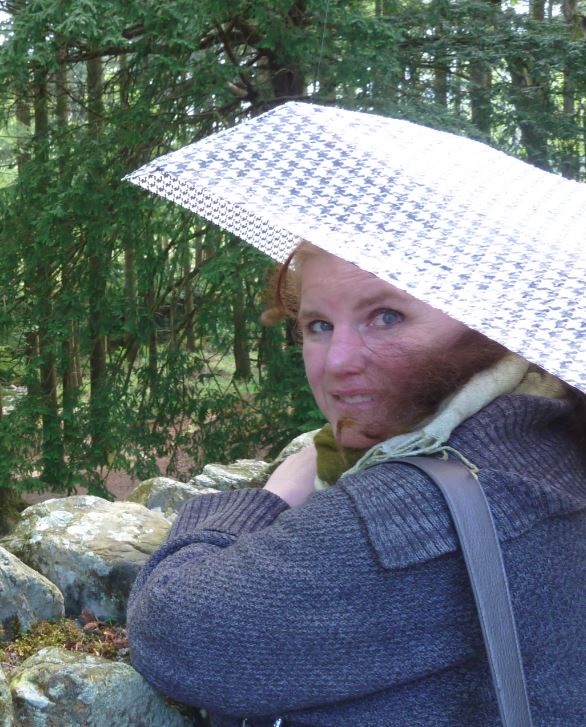Another coincidence: somehow, books and my life are inexplicably tangled, their realities being confused for one another. For instance, I am feeling better, and my reading list is getting more interesting. Chicken? Egg? Coincidence? Cosmic confusion?
And this of course is a book about the nature of reality, and different realities being laid across each other like fixin’s in a sandwich. It is touted as an extremely original story. It is. Wow. Remember how I said that Hal Clement’s Mission of Gravity was merely unforgiving background that needed an engaging story on top of it? Why, this is it! This story, about a city built atop a train track, pays sweet, knowledgeable homage to Brian Aldiss’s Nonstop, as well.
Written in 1974, it was an early book for Christopher Priest, and I think it shows in the writing. The ideas are jealousy-inducingly original, but the writing is clunky. The beginning was so jumbled and slow, I experienced dread (“Here we go again.”) and had no idea the rest of it would be so jaw-dropping cool. I would have had no idea what the city of Earth was like had I not read reviews and the book jacket beforehand. It jumps needlessly between first and third person. I’m thinking his later books probably shore up on the writing side of things.
I found this quote from the author on the Locus site. “I grew up reading science fiction, and within three months of discovering it, I knew I wanted to write science fiction. I did that for a couple of books and I got really bored. I was thinking all the wrong things, like 'How would Poul Anderson handle this scene?' It was such a blind alley, it was getting me nowhere. Then I had this three-year gap where I didn't write at all. It was a period of dissatisfaction: 'What the hell do I do? I want to be a writer, but I don't want to be that kind of writer.' At that point I started reading more broadly, non-fiction and literature -- not to write like that, but to go on writing what I wanted to write. I couldn't have written Inverted World as a science fiction novel if I'd thought of it as a science fiction novel. What I had to do is creep around the idea and take it by surprise. I've done that ever since.”
And: “I strongly believe that reading isn't a passive activity. To somebody who doesn't like books, just sitting around and reading looks as if you're doing nothing, but actually you're active. Readers should be made to work a bit and they shouldn't take anything for granted. For me, the unreliable narrator keeps people alert. Some people get fed up with it and can't be bothered, but the people I think of as serious readers very much like it.” It reminds of of what Joe Haldeman had said: “Writing for me is simply a more kinetic process than reading. I’m finding out what happens as I go along.”
Yes. Make readers work and don’t let them take anything for granted. Additionally, the ending was frustrating, but perfect. You never find out what happens to the city, but the main character, Hardwell Mann, makes a needed change that his character needed, and this ties it into the entire physics of the story. He must change his mind; and the geography around him allows no other choice, which ironically, what was keeping him from changing his mind in the first place. This is a powerful lesson on great endings.

 RSS Feed
RSS Feed